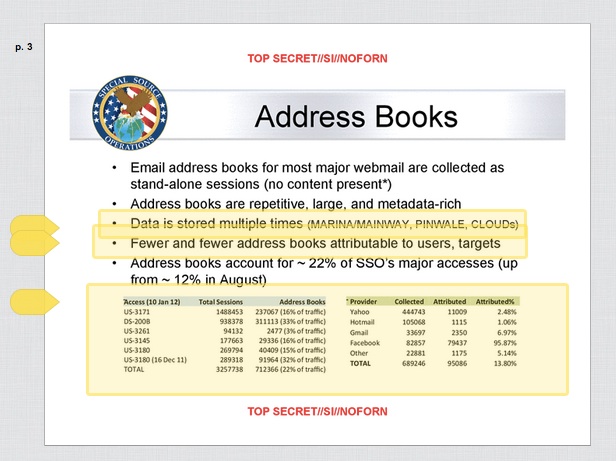Terrific post by Dave Winer.
He starts by berating technology journalism for the way it obsesses over Apple.
All the while, tech news has come to dominate all the news, only Apple isn’t it. The big story is the NSA. It’s huge and has been building for 20 years. While we were all watching the public Internet grow, a private, secret one was being developed by the US military. But was it actually hidden? Where were all the comp sci grads going? Some were going to Redmond and Silicon Valley for sure. But a lot of them were going to Maryland and Virginia. The story was available to be grabbed by any enterprising news organization. It wasn’t.
We can learn from the Snowden leaks and adapt and reorganize the way we cover tech. Instead of accepting the stories that the industry feeds us, we can look more broadly, ask our own questions, and seek the answers outside the public relations departments of the big companies. This might result in small rebellions, like asking why the companies remove features from their products that users depend on. And big ones, like sensing things like the NSA’s social network before the leakers show up with all the documents spelling it out.
The sheer size of the Snowden leaks are themselves a judgement on the inadequacy of tech journalism. Why were none of these stories broken before? Couldn’t sources have been found to talk off the record? Weren’t there people of conscience inside the tech companies who might tell the truth? Or were the reporters even available to listen to these people?
Tech is where big news is happening this decade. It’s time to start doing it seriously.
Right on.


